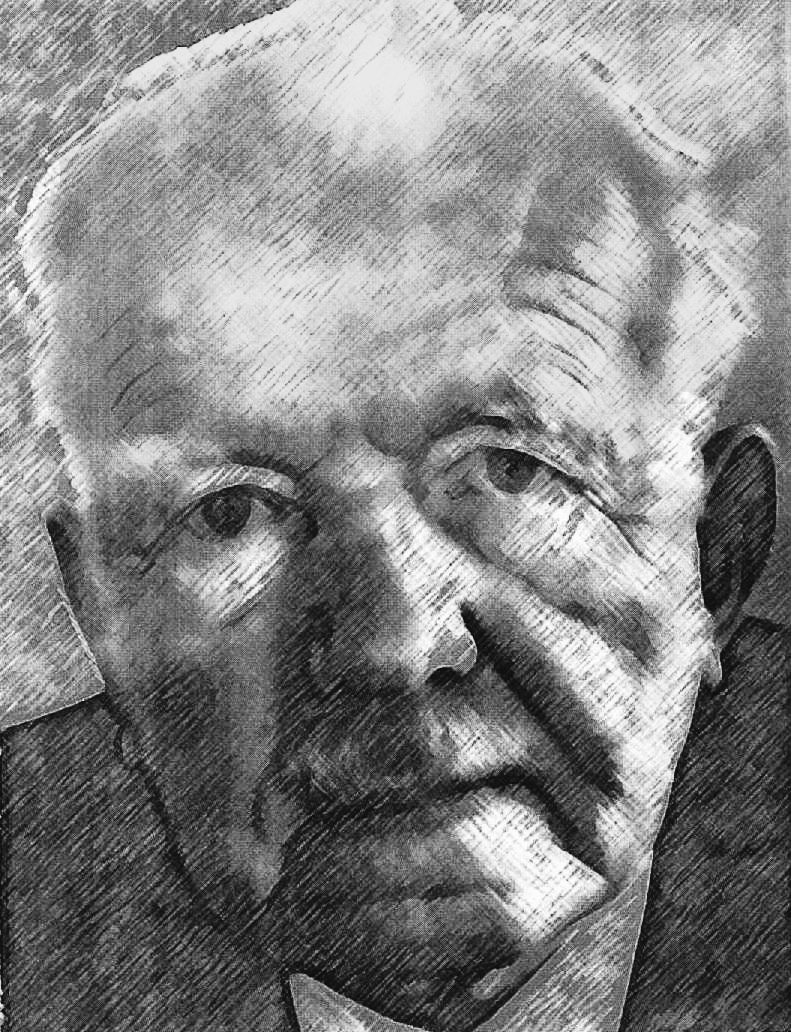Your search - Spranger, Eduard - did not match any resources.
Eduard Spranger
 Eduard Spranger (; 27 June 1882 – 17 September 1963) was a German philosopher and psychologist. A student of Wilhelm Dilthey, Spranger was born in Berlin and died in Tübingen. He was considered a humanist who developed a philosophical pedagogy as an act of 'self defense' against the psychology-oriented experimental theory of the times.
Eduard Spranger (; 27 June 1882 – 17 September 1963) was a German philosopher and psychologist. A student of Wilhelm Dilthey, Spranger was born in Berlin and died in Tübingen. He was considered a humanist who developed a philosophical pedagogy as an act of 'self defense' against the psychology-oriented experimental theory of the times.Spranger was the author of the book ''Lebensformen'' (translated as ''Types of Men''), which sold 28,000 copies by the end of 1920. Spranger theorizes that types of human life are structures in consciousness. His belief was that personality types have a basis in biology, but can not be fully explained by biology. He wrote, "On a lower level, perhaps, the soul is purely biologically determined. On a higher level, the historical, for instance, the soul participates in objective values which cannot be deduced from the simple value of self-preservation." He criticized psychologists who reduced the psyche and society to abstract elements of science. Another characteristic of Spranger's thought is his interest in holism, which involves the discovery that "everything is part of everything else," and that the "totality of mind is present in every act." He asserts that quantitative calculations of sensations, reflexes, and citations from memory are meaningless units, that when synthesized, do not add up to the meaningful whole that we all live. Provided by Wikipedia
